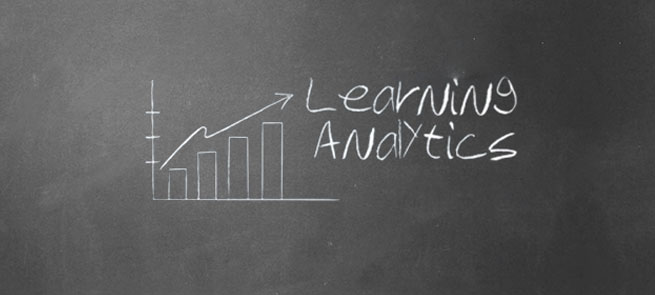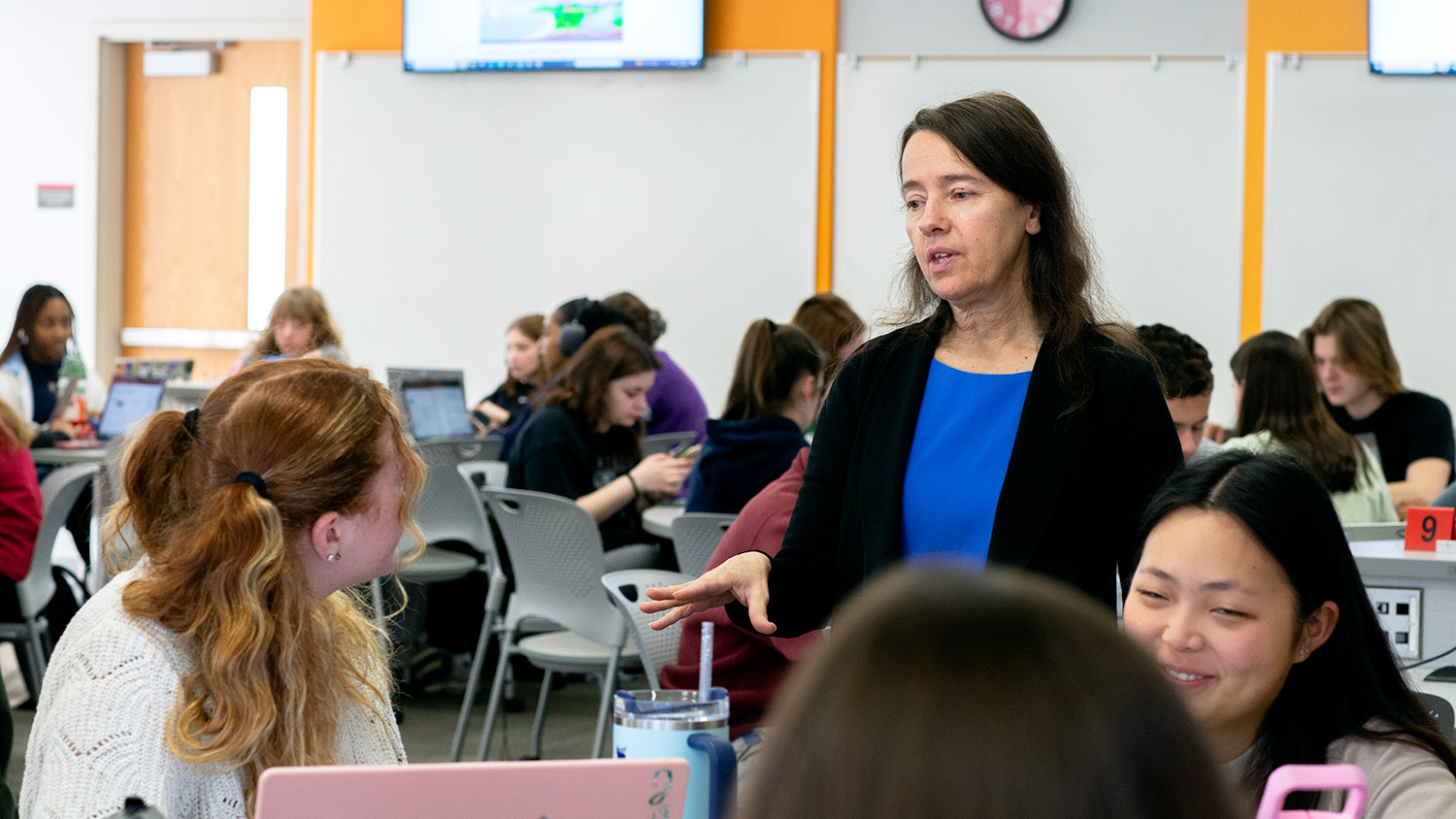Learning Analytics in Higher Education: An Annotated Bibliography

Just as big data has become big business in industries from marketing to medicine, so too has it found a place in higher education. Companies use the “data exhaust” we leave in our wake as we traverse the World Wide Web to generate advice and ads, recommend music and movies, and connect us to friends and colleagues on social networks.
As higher education continues to shift in the direction of blended and distance learning and more services move online, a growing number of colleges and universities are also employing analytics to support teaching and learning. The Society for Learning Analytics Research (SoLAR, 2011) defines learning analytics (LA) as “the measurement, collection, analysis and reporting of data about learners and their contexts, for purposes of understanding and optimizing learning and the environments in which it occurs” (p. 4). At academic institutions, LA concentrates on data relevant to students and instructors at the level of the individual learner or course and on using analytic techniques to improve student learning outcomes by better targeting instructional, curricular and support resources and interventions (Elias, 2011; van Barneveld, et al., 2012).
This annotated bibliography, written by Lauren Hirsh, a graduate student working with DELTA, provides some resources for consideration and further exploration of learning analytics in higher education. It is not intended to be a comprehensive review of the literature; however a list of additional recommended articles and resources has been included at the end of this document.
Read the complete annotated bibliography.


